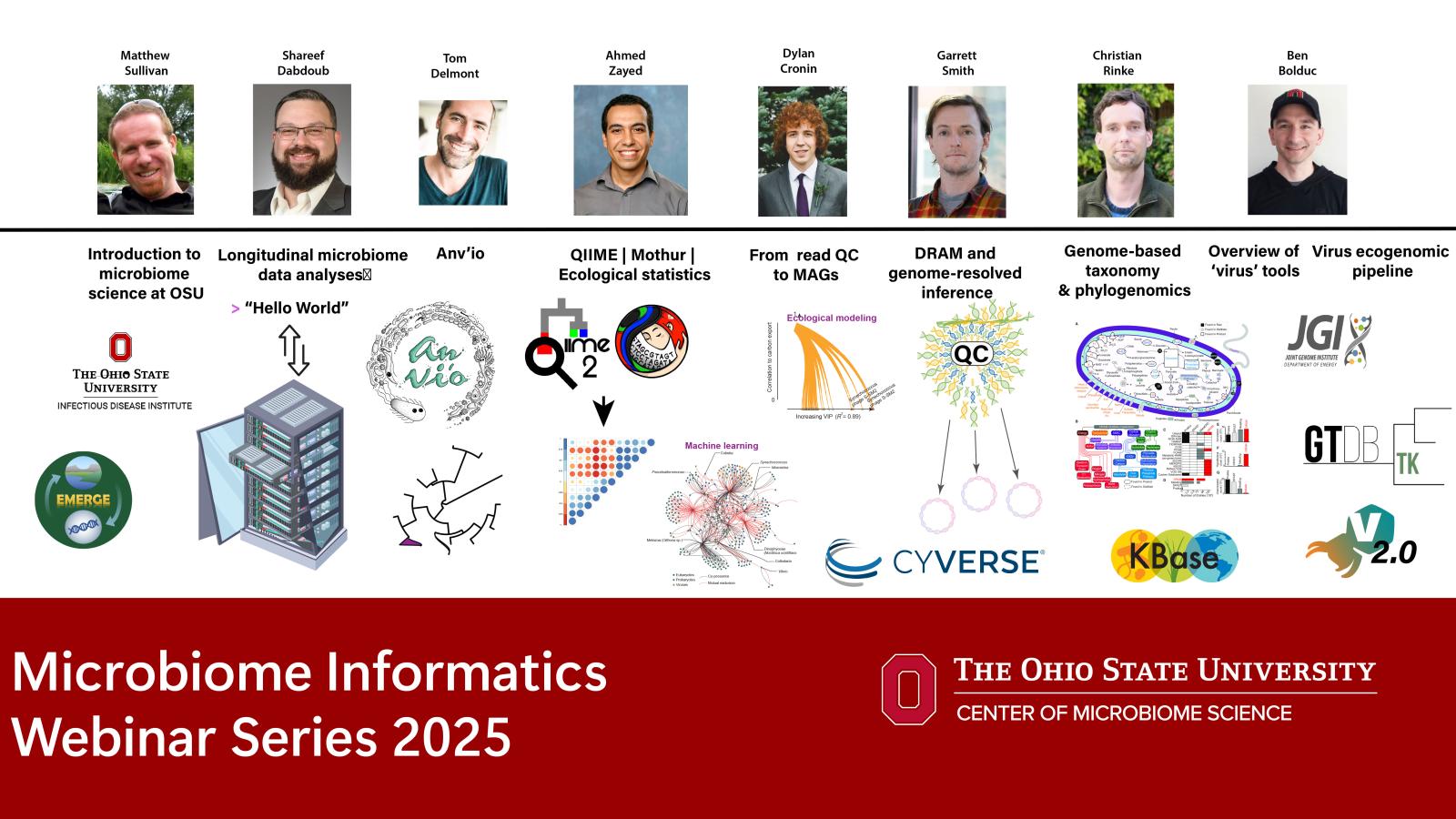Microbiome Informatics Webinar Series
The ‘human microbiome’ is transforming modern medicine, but microbes are also now recognized as major players across diverse ecosystems including plants and animals, soils and the oceans, and engineered systems.
Low-cost sequencing and computational advances have flooded the life sciences with new windows into the life and impacts of these hidden movers and shakers.
However, Microbiome Science is a relatively new and fast-moving discipline, so there are few opportunities currently available to graduate students and postdocs to immersively train.
The Microbiome Informatics Webinar Series represents an effort to digitize 9 years of a hands-on informatics training course in this space, with a focus that goes beyond 16S-based studies to leverage the power of shotgun sequencing.
Each 1.5 – 2 hour webinar will provide a brief concept introduction and hands-on practical exercises designed to provide cutting-edge first phase of training in Microbiome Informatics to empower researchers to better understand microbes and their viruses in complex communities.
Microbiome Informatics Webinar Series 2025
Tuesday, August 26, 2025 | Viromics
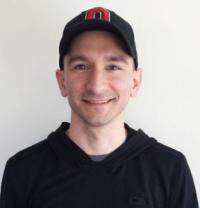
Ben Bolduc, PhD, Dr. Ben Bolduc, Research Scientist, Sullivan and Rich Labs, Ohio State University
BIO:
Benjamin Bolduc is a Staff Research Scientist in the Sullivan and Rich Labs at The Ohio State University with over a decade of experience in biochemistry. His research delves into microbial ecology, virology, and carbon cycling, focusing on the roles of viruses in marine and soil ecosystems and their impact on global biogeochemical cycles. Ben has also developed tools for viral genome annotation and studied the human gut phageome. He earned his Ph.D. in Biochemistry from Montana State University-Bozeman and holds a B.S. in Biochemistry and a B.A. in Religion/Religious Studies from Stonehill College
YouTube posts of previous sessions coming soon!
Tuesday, August 19, 2025 | Unlock Microbiome Insights using Multi-Omics with Shareef Dabdoub
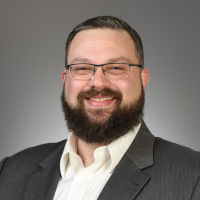
Shareef M. Dabdoub, PhD, Assistant Professor in the Division of Biostatistics and Computational Biology, The University of Iowa
BIO:
My primary interests are relating human-associated microbial communities to maintaining health and initiating/sustaining disease, and the development and validation of improved visualization and analysis software necessary to further such analyses. I have significant experience studying microbial systems, Next Generation Sequencing technologies, phylogenetics, metagenomics, transcriptomics, and connecting such studies through multi-omics analysis techniques.
My current research focus is the study of the human oral microbiome and environmental influences such as electronic cigarette (vaping) use. In addition, I have particular experience studying the peri-implant microbiome, and was the first to establish definitively that the peri-implant microbiome is significantly different from the periodontal microbiome, even when examining directly adjacent teeth.
I am also the creator of the following open source software: PhyloToAST (Phylogenetic Tools for Analysis of Species-level Taxa), kraken-biom, PyMGRAST, FIND (Flow Investigation using N-Dimensions), and ProkaryMetrics.
Tuesday, April 22, 2025 | Q&A day for 2022 webinars on HPC, ecological stats, advanced ecological stats
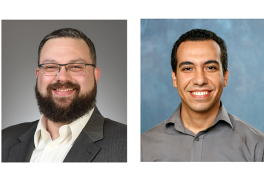
Shareef Dabdoub, PhD & Ahmed Zayed, PhD, Research Scientist at Sullivan Lab, The Ohio State University
Tuesday, April 1, 2025 | Multi-omics microbiome data analyses SP25

Shareef M. Dabdoub, PhD, Assistant Professor in the Division of Biostatistics and Computational Biology, The University of Iowa
Tuesday, March 18, 2025 | GTDB
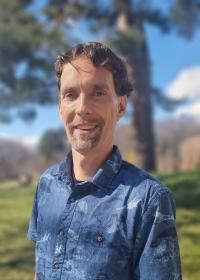
Christian Rinke, PhD, Professor of Environmental Microbiology, Department of Microbiology, The University of Innsbruck, in Tirol, Austria
BIO:
Chris Rinke is Professor of Environmental Microbiology at the University of Innsbruck, Austria and Honorary Professor at the University of Queensland, Australia. He leads the Environmental OMICS (E-OMICS) Group at the University of Innsbruck Leader, that analyses genomes, transcripts, proteins and metabolites of environmental samples.
Tuesday, March 11, 2025 | DRAM
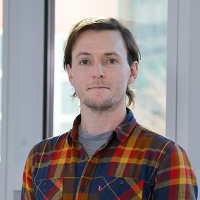
Garrett Smith, Microbiome navigator and data analyst, Center of Microbiome Science, ERIK, Ohio State University
BIO:
My training exposed me to classical microbiology as well as cutting edge microbiome science in environmental and host-associated microbiomes.
I have experience with microbial cultivation, chromatographs, 16S sequencing, metagenomes, metaproteomes, and metatranscriptomes.
I got exposed to a lot of different kinds of frontier-expanding microbiome science throughout my training. For example, I’ve integrated taxonomic and functional information to generate novel ecosystem level insights on subjects ranging from seasonal effects on methane production in soil bacteria to amino acid fermentation in the mouse gut microbiome.
Tuesday, March 4, 2025 | From read QC to MAGs
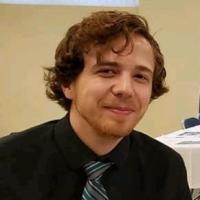
Dylan Cronin, PhD, Postdoctoral Researcher at Case Western Reserve University
BIO:
I graduated from Bowling Green State University with two bachelor of science degrees in Computer Science and Biology. Then, I obtained my Ph.D from The Ohio State University in Microbiology studying microbial community ecology and bioinformatics. Now, I am a postdoctoral researcher at Case Western Reserve University leading bioinformatic analyses of field and lab data, working to build tools for understanding multi-omic signals of physiological acclimation in complex microbial communities.
February 25, 2025 | Anvi'o

Tom Delmont, PhD, CNRS, Genoscope - Centre National de Séquençage
BIO:
My main research program focuses on understanding the ecology and evolution of the most abundant microbial and viral populations for the surface of the oceans and seas.
I use environmental genomics as a prime data to learn from and generate hypotheses leading to targeted investigations.
As we explore known and unknown genomic compartments of plankton, my research group contributes to global efforts refining our knowledge of marine microbial life.
Recordings of 2025 Microbiome Informatics Webinars will be uploaded soon on the CoMS YouTube channel.
Previous years series are available now:
- 2022 Series available on YouTube
- 2021 Series

